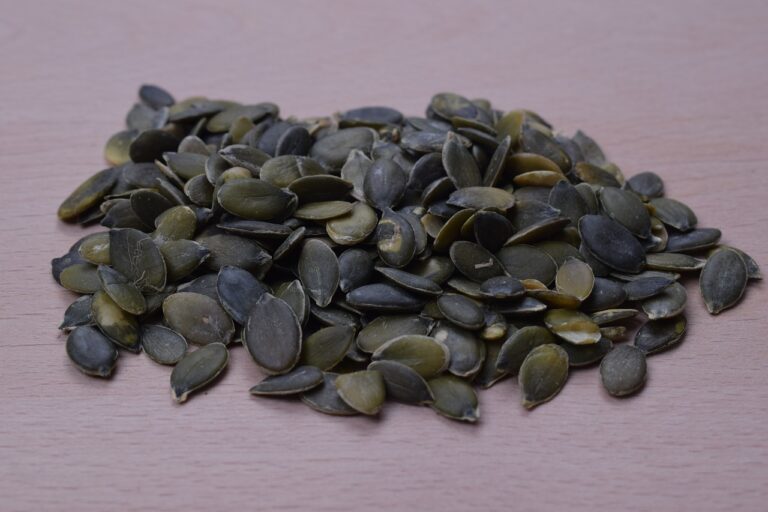Exploring the Health Benefits of Ayurvedic Medicine
Ayurvedic medicine traces its roots back thousands of years to the ancient civilization of India. It is a holistic approach to health and healing that focuses on achieving balance within the body. The central belief in Ayurveda is that the mind, body, and spirit are interconnected, and any imbalance among these elements can lead to illness.
The foundation of Ayurvedic medicine lies in the concept of the three doshas: Vata, Pitta, and Kapha. These doshas represent different combinations of the five elements – ether, air, fire, water, and earth – within the body. Each individual has a unique constitution, or prakriti, which determines their physical, mental, and emotional characteristics. Ayurvedic practitioners use this knowledge to create personalized treatment plans aimed at restoring harmony and promoting overall well-being.
Understanding the Doshas in Ayurvedic Medicine
In Ayurvedic medicine, the doshas are fundamental energies believed to govern the body’s functions. There are three main doshas: Vata, Pitta, and Kapha. Each individual possesses a unique combination of these doshas that define their physical, mental, and emotional characteristics.
Vata dosha is associated with movement and is characterized by qualities such as dryness, coldness, and lightness. Imbalances in Vata can manifest as anxiety, insomnia, or digestive issues. Pitta dosha, on the other hand, governs metabolism and is linked to qualities like heat, sharpness, and intensity. When Pitta is out of balance, it can lead to irritability, inflammation, or skin problems. Kapha dosha is responsible for structure and stability and embodies qualities of heaviness, coldness, and slowness. An excess of Kapha may result in lethargy, weight gain, or congestion.
The Role of Diet and Nutrition in Ayurveda
A central tenet of Ayurveda is the belief that optimal health can be achieved through a balance of the three doshas: Vata, Pitta, and Kapha. These doshas are influenced by various factors, with diet and nutrition playing a crucial role in maintaining this equilibrium. In Ayurveda, food is seen as medicine, and the choices we make in what we eat can either support or disrupt the harmony of our doshas.
Each individual is believed to have a unique constitution, or Prakriti, which determines their ideal diet and lifestyle practices. By understanding your Prakriti and any current imbalances in your doshas, you can make more informed decisions about the foods you consume. For example, a person with a predominant Pitta dosha may benefit from cooling, hydrating foods to counterbalance excess heat and acidity in the body. By tailoring your diet to suit your constitution, you can help maintain physical, mental, and emotional well-being according to Ayurvedic principles.
What is Ayurvedic medicine?
Ayurvedic medicine is an ancient healing system that originated in India over 5,000 years ago. It focuses on balancing the mind, body, and spirit to promote overall health and well-being.
What are the doshas in Ayurvedic medicine?
According to Ayurveda, there are three doshas – Vata, Pitta, and Kapha. These doshas are energies that govern different functions in the body and can become imbalanced due to various factors.
How does diet and nutrition play a role in Ayurveda?
Diet and nutrition are considered crucial in Ayurveda as they can help balance the doshas and promote optimal health. Eating according to your dosha type and incorporating foods that are in harmony with your constitution can help maintain balance and prevent disease.
Can Ayurvedic principles be applied to modern diets?
Yes, Ayurvedic principles can be applied to modern diets by focusing on whole, unprocessed foods, eating mindfully, and incorporating herbs and spices that support digestion and overall wellness.
Are there specific dietary guidelines for each dosha?
Yes, Ayurveda provides specific dietary guidelines for each dosha to help maintain balance. For example, Vata types may benefit from warm, grounding foods, while Pitta types may do well with cooling, soothing foods.
How can one determine their dosha type?
Determining your dosha type can be done through a consultation with an Ayurvedic practitioner or by taking online quizzes and self-assessment tools. It is important to consider both physical and emotional characteristics when determining your dosha type.







